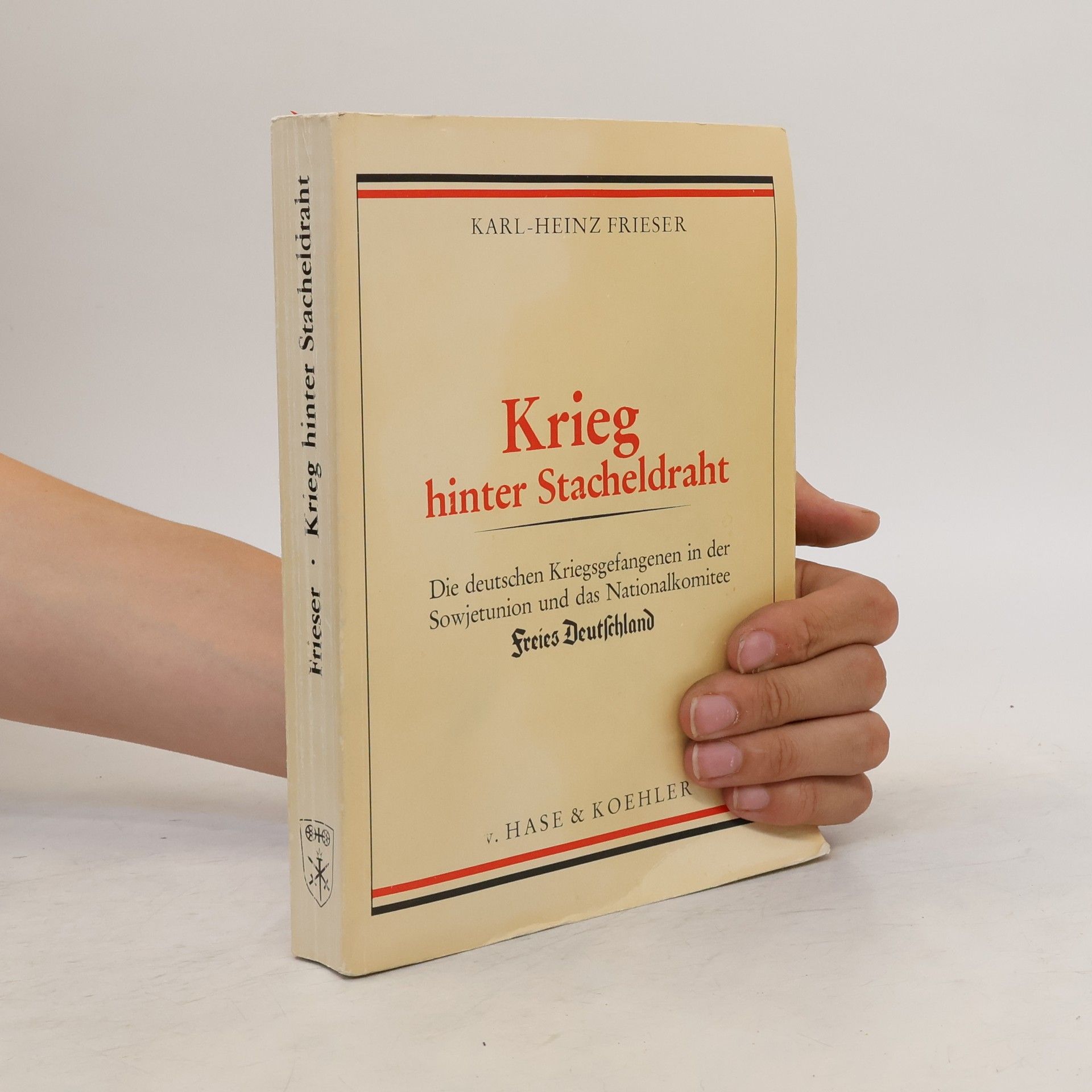This is the second in the comprehensive ten-volume Germany and the Second World War. The five volumes so far published in German take the story to the end of 1941, and have achieved international acclaim as a major contribution to historical study. Under the auspices of the Militargeschichtliches Forschungsamt (Research Institute for Military History), a team of renowned historians has combined a full synthesis of existing material with the latest research to produce what will be the definitive history of the Second World War. This volume surveys the first year of the war deliberately begun by Nazi Germany. The authors examine the train of interconnected political and military events, and set military operations against the background of Hitler's war policy and general aims, both immediate and long term. The authors show that the conflict took a course quite different from that which Hitler had intended, but nevertheless resulted in a series of conquests for the Third Reich.
Karl Heinz Frieser Livres




Hitlers Blitzsieg über die Westmächte war nicht als „Blitzkrieg“ geplant. Die deutsche Führung rechnete mit langjährigen Kämpfen wie im Ersten Weltkrieg und stellte ihre wirtschaftliche und militärische Planung darauf ein. Erst der überraschende Durchbruch des Panzerkorps Guderian bei Sedan verlieh dem deutschen Angriff ungeahnte Eigendynamik und führte zum „Sichelschnitt“, dem schnellen Panzervorstoß zur Kanalküste, wo die Alliierten bei Dünkirchen eingekesselt wurden. Der Verfasser wendet sich gegen die gängige Theorie von Hitlers „Blitzkrieg-Strategie“ und stellt dar, welches Erfolgsgeheimnis dem „Blitzkrieg“ von 1940 tatsächlich zugrunde lag.